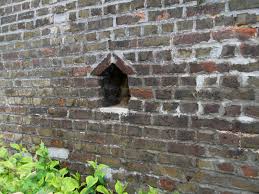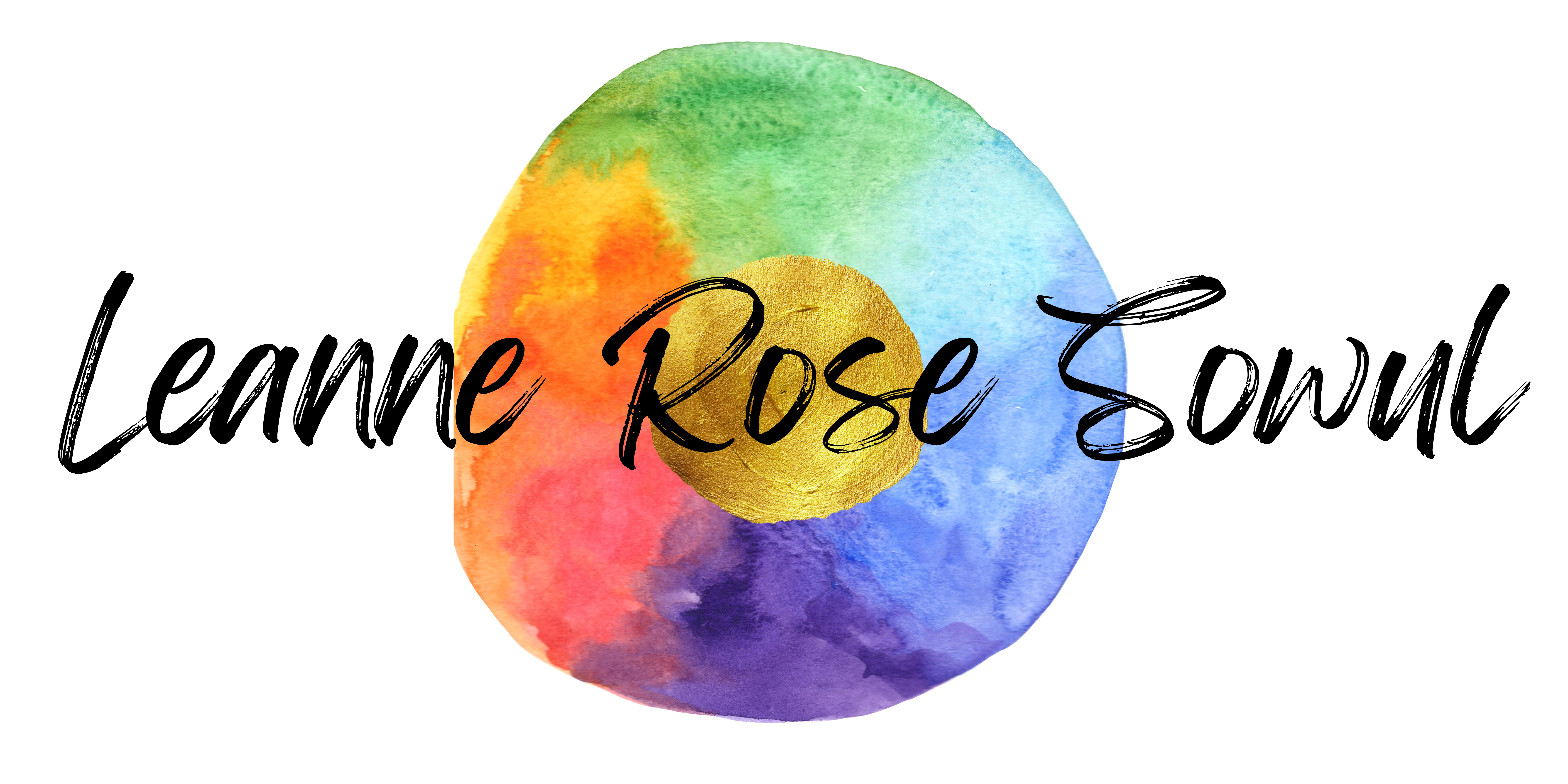When you start looking into marketing your writing, whether it’s selling a book, a blog or an article, you’ll frequently come across this advice: “Find your niche. Decide what you’re going to focus on, what you’d like to be known for. Write your way into that niche and stay there.”
But do you really need to have a niche? And when do you know that you’re ready to commit to one?
I resisted the idea of a niche for a long time. In fiction, I’ve written sweeping historical novels, but I’ve also written quirky young adult books. I’ve produced disparate short stories about an Amish teenager, an exercise bulimic, and a Christmas cookie baking party. I even made a brief foray into horror with a story about a woman six weeks postpartum who discovers her child isn’t what she thought. I’m interested in reading different genres; what’s wrong with wanting to write different genres?
Then there’s the daunting task of actually choosing that niche. For two years on this very website, I dipped and dabbled, experimented with writing about parenting, cancer, time management, and even existential concepts like fear and gratitude. (See “Ye Olde Posts” on the sidebar Categories drop-down for all these subjects.) I enjoyed the variety, but eventually came to understand that some of that shunned advice was correct: it was hard to attract new visitors to the blog when they didn’t know what it was about, and the new readers who did visit often didn’t visit twice, because my next topic might not interest them. Readers need to know what to expect if you want them to come back.
After those two years, I finally figured out the secret to niche writing. I’m going to share it with you now, so that you don’t have to take the meandering road that I did.
Here’s the secret.
You do need a niche. But it doesn’t matter what that niche is.
No matter what you claim as your subject, you can still write about anything you want. I’ve declared this blog in the name of “writing,” but that doesn’t mean I can’t talk about parenting, time management, fear, gratitude, even cancer if I want to; I just need to put it in the context of the writer’s life and concerns. Having a niche actually helps the process, because it provides a framework for your topic. It feels more comfortable to write within a niche- it gives you some freedom, but with guidelines, which makes it easier to put focus to a broad topic.
The best niches, or subjects, are the ones that can be described in one or two words. Gretchen Rubin’s niche is happiness. Laura Vanderkam’s is time management. Both of these women still write about parenting, hobbies, weight loss, meal preparation, and other lifestyle topics on their blogs, but when you visit their space, you ultimately know what they’re about and the perspective they’re writing from. Even Modern Mrs. Darcy, who appears to post about everything under the sun, has a niche: she writes from the perspective of a cultured, well-rounded woman, much like the original Mrs. Darcy (or the way Mr. Darcy expected her to be).
My niche is words: writing them and reading them. So far I’ve stuck pretty closely to the core of that subject, but I know I’ll eventually start pushing the boundaries. That’s the beauty of a niche: it gives you a box, so that you can find creative ways to think outside of it.
Do you have a niche, subject or writing perspective? Do you agree or disagree that it’s necessary for selling your writing?
